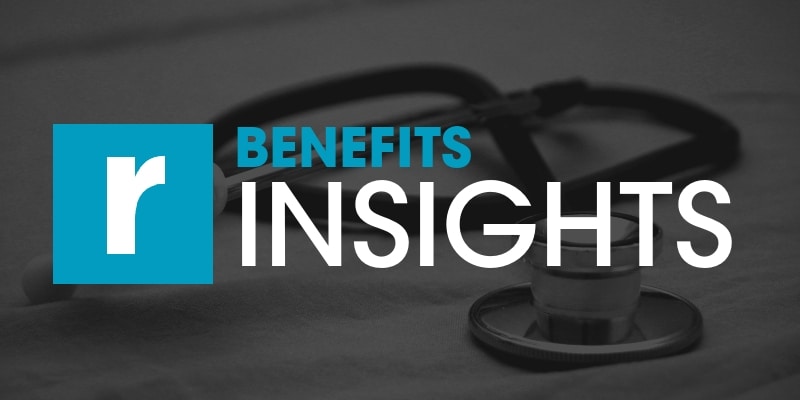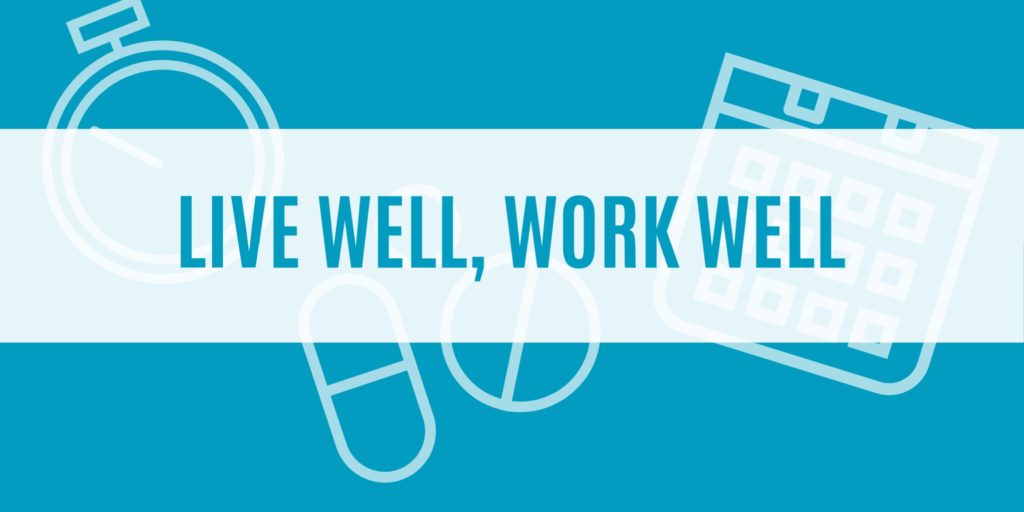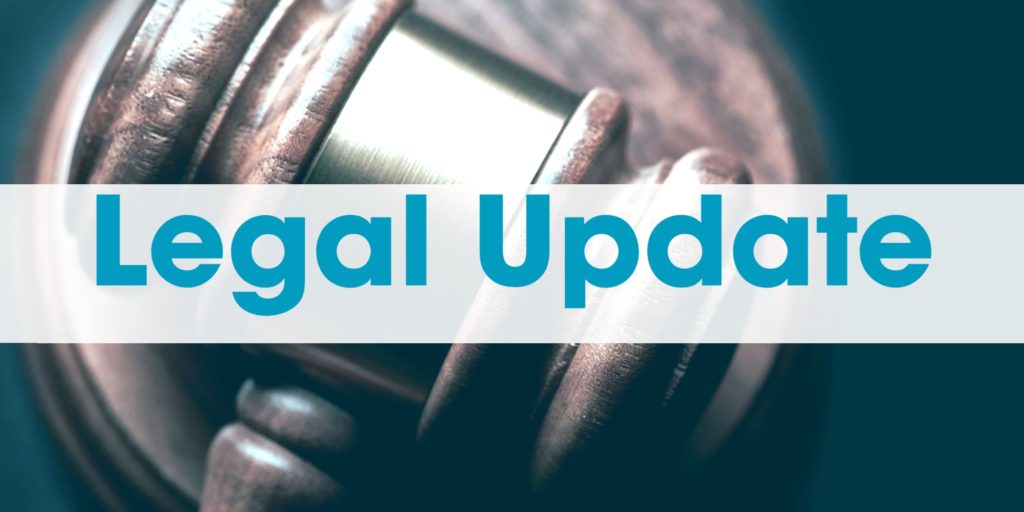 The COVID-19 pandemic is not only challenging the way Americans live on a daily basis, but also posing significant economic threats that could have a lasting effect on their financial well-being.
The COVID-19 pandemic is not only challenging the way Americans live on a daily basis, but also posing significant economic threats that could have a lasting effect on their financial well-being.
Financial well-being is the state in which a person is able to meet their current and ongoing financial obligations, feel secure in their financial future and make choices that allow them to thrive.
Many find the road to financial well-being to be tough, and the pandemic is likely creating additional obstacles on that path. This article explores the importance of financial well- being and how employers can help employees, especially during the COVID-19 pandemic.
 The COVID-19 pandemic is not only challenging the way Americans live on a daily basis, but also posing significant economic threats that could have a lasting effect on their financial well-being.
The COVID-19 pandemic is not only challenging the way Americans live on a daily basis, but also posing significant economic threats that could have a lasting effect on their financial well-being. The Occupational Health and Safety Administration (OSHA) has been citing establishments for violations related to COVID-19. These citations have resulted in more than $1 million in penalties since the pandemic began.
The Occupational Health and Safety Administration (OSHA) has been citing establishments for violations related to COVID-19. These citations have resulted in more than $1 million in penalties since the pandemic began. Working from home has grown more popular than ever due to the COVID-19 pandemic. Although it can make the workday more flexible and safe, it poses challenges for employees and employers alike. In particular, challenges regarding social well-being and connectivity are among some of the top concerns with working remotely.
Working from home has grown more popular than ever due to the COVID-19 pandemic. Although it can make the workday more flexible and safe, it poses challenges for employees and employers alike. In particular, challenges regarding social well-being and connectivity are among some of the top concerns with working remotely. One In 10 People In The United States Will Get The Flu In A Given Season, According To Estimates From The Centers For Disease Control And Prevention (CDC).
One In 10 People In The United States Will Get The Flu In A Given Season, According To Estimates From The Centers For Disease Control And Prevention (CDC). On Sept. 22, 2020, The U.S. Department Of Transportation (DOT) Extended Its COVID-19 Drug And Alcohol Testing Guidance To Dec. 31, 2020. The Extended Guidance Allows Substance Abuse Professionals (SAPs) To Perform Remote Assessments And Evaluations And Lengthens The Requalification Timeline For Service Agents Through The End Of The Year.
On Sept. 22, 2020, The U.S. Department Of Transportation (DOT) Extended Its COVID-19 Drug And Alcohol Testing Guidance To Dec. 31, 2020. The Extended Guidance Allows Substance Abuse Professionals (SAPs) To Perform Remote Assessments And Evaluations And Lengthens The Requalification Timeline For Service Agents Through The End Of The Year.